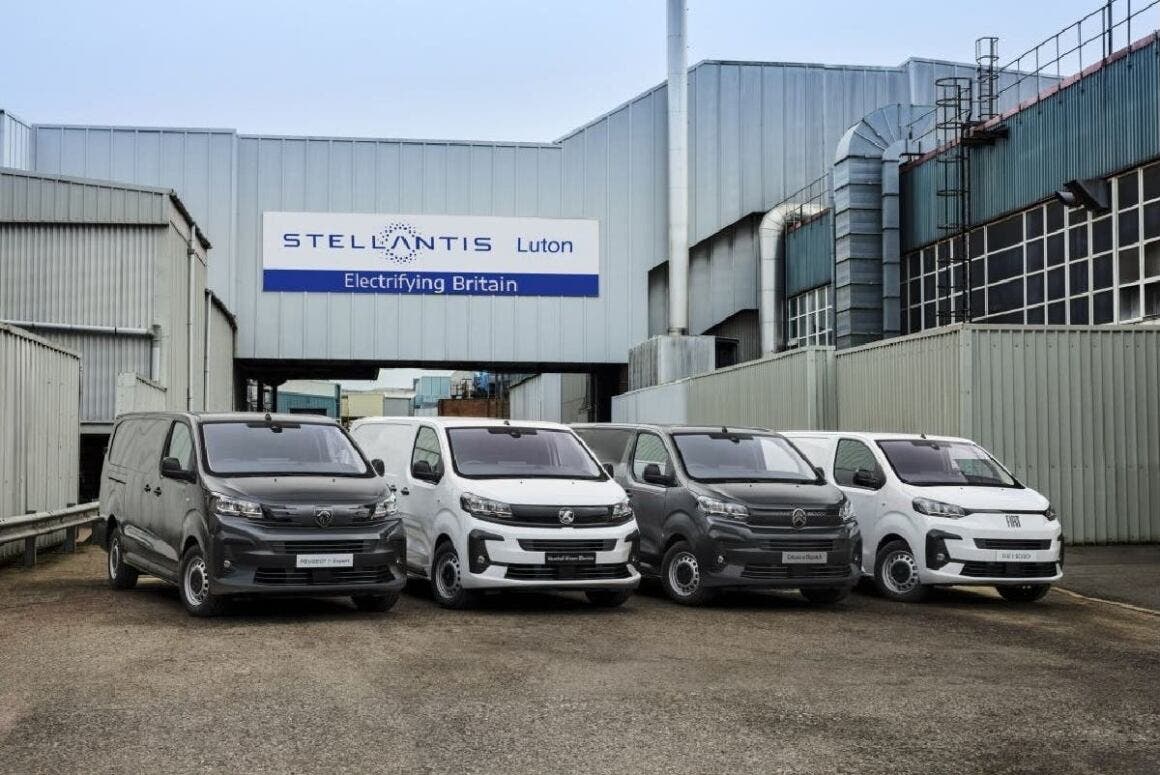According to the latest registration data published by the Society of Motor Manufacturers and Traders (SMMT), Stellantis continues to lead the electric van market in the UK. Peugeot has won the ‘trophy’ for the best-selling electric van brand in the UK, having increased its market share by 2.6 percentage points in 2023 to 16.7 percent from the start of 2024, with Vauxhall following closely in second place. Stellantis brands have sold 3,816 electric vans so far this year, more than three times as many as the second-largest electric van manufacturer, with a year-to-date market share of 43.7 percent.
Stellantis is the best-selling electric van manufacturer in the UK so far in 2024

Lee Titchner, Director of Stellantis Pro One UK, said: “The strength of our electric van offering is embodied by Peugeot and Vauxhall topping the sales charts, outperforming the nearest competitor by a significant margin. Our status as the UK’s electric van market leader is the result of our ambition to lead the electrification of British van fleets with our next-generation e-LCV range.”
Stellantis currently produces the Citroën ë-Berlingo, Vauxhall Combo Electric, Peugeot E-Partner, and Fiat E-Doblo at its Ellesmere Port plant, the UK’s first electric-only vehicle production facility. From 2025, Stellantis will also produce electric vans at its Luton plant.
Stellantis accounts for over a quarter of all vans sold in the UK so far this year with a market share of 29.9 percent, equivalent to 47,378 vans registered in 2024. Vauxhall is the second best-selling van brand in the UK year-to-date, while the new Citroën Berlingo Van is the best-selling small van in the UK so far in 2024. Stellantis recently criticized the ZEV mandate, going so far as to threaten the government with stopping vehicle production in the UK and moving it to other facilities in Europe.

